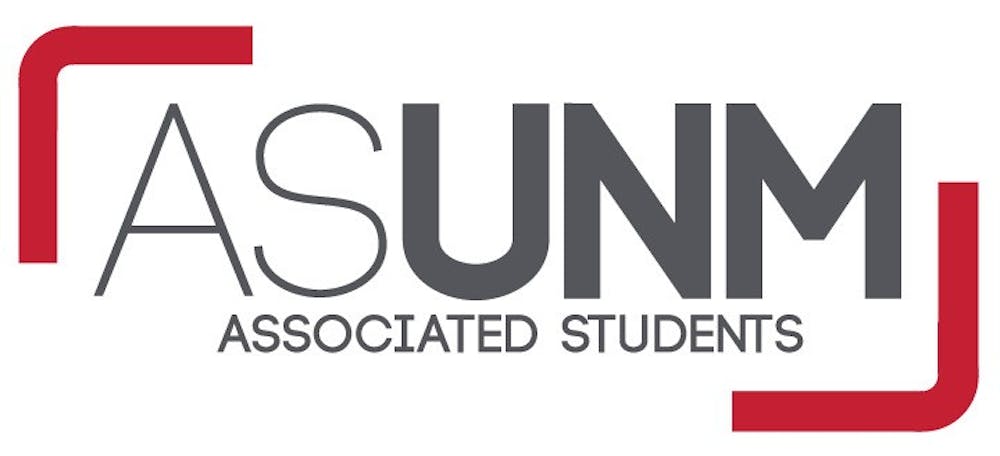On March 8, undergraduate students can log onto their myUNM account to vote for one of four candidates running to lead the University of New Mexico’s undergraduate student government. The voting period will end at 5 p.m. on March 10.
Noah Dowling-Lujan, Ricardo Hill, Jacob Olaguir and Greg Romero are the four candidates vying for the Associated Students of the University of New Mexico presidency this year, alongside their respective vice presidential running mates. Although the pairs are running coordinated campaigns — known as slates — students can vote for any combination of candidates.
Earlier this week, the candidates held an online debate where they introduced themselves and described their platforms. A recording of that debate is available on the UNM Student Activities Center Youtube account.
Hill, Olaguir and Romero all bring previous experience within ASUNM, while a key aspect of Dowling-Lujan’s campaign is to distinguish himself as an anti-establishment candidate.
“I think that UNM needs fundamental changes, and especially ASUNM,” Dowling-Lujan said. “I think that the control that Greek Life has had over student government has affected not only student government, but student life in general.”
When asked how to get more students involved in ASUNM events, Dowling-Lujan, Hill and Romero advocated for working with and better funding student groups, and each cited specific organizations and programs they were familiar with.
“I believe that we should bring this community together by supporting the student organizations. Our student organizations have the reach … A lot of people find their homes in (them),” Hill, a junior studying political science with a minor in criminology, said.
Hill added that ASUNM should emulate campus resource centers, which he said make students feel welcome and that they have a home.
Olaguir, a sophomore studying business, suggested that ASUNM go from brainstorming how to “help communities” to thinking about what student government can do to develop trust and work with communities.
“Rather than planning for community, we should be with community ... We involve the students we are hosting events for, to help plan,” Olaguir said.
When asked how he would be able to represent all students on campus, Olaguir cited the University’s relatively affordable tuition that allowed him to pursue higher education.
“A big part of why people come to the University of New Mexico is because of affordability,” Olaguir said. “When I graduated from high school, college wasn’t really my plan, but the fact that UNM is so affordable and the fact that I was able to obtain one-time scholarships meant that I could pursue higher education.”
Get content from The Daily Lobo delivered to your inbox
Olaguir also emphasized that University administration must be held accountable for spending paid for by students’ tuition and touched on the issue of the ongoing graduate student worker unionization effort.
“I think holding (the administration) accountable is an issue that involves all of our campus, including graduate students. UNM is in a battle between graduate student workers because they’re not allowing them to unionize,” Olaguir said. “We have to realize that our money that we pay them to be at this University pays their salary, and if we stop coming, then they stop getting paid. They need to listen to us when we have demands, because we’re the ones that make this school.”
Dowling-Lujan, meanwhile, had more targeted remarks on the state of the University’s student representation and said he wanted to make college more accessible to low-income populations.
“I believe I am a better representative of the low-income and homeless population of UNM. It’s hard not to wonder why you have to have wealthier Greek students on your slate ... That’s not representative at all,” Dowling-Lujan said.
“I will be fighting at the Board of Regents meetings and at President (Garnett) Stokes’ meetings to have them change their minds (about making college more affordable) or be replaced entirely.”
Greg Romero, a junior studying liberal arts, is paired with ASUNM senator Ryan Regalado and running on a slate of experience in student government.
“I have connections and networks within the University of New Mexico that lead me to believe that from day one, myself and Ryan Regalado will be extremely effective and efficient at carrying out our goals and making UNM a better place for every single student that attends,” Romero, a first-generation Hispanic student, said.
Romero said he aimed to create “a bond between UNM admin and students so that students get the answers they deserve. A completely changed and open ASUNM made for students instead of for ASUNM, as well as campus safety for every single student.”
ASUNM Elections Commission executive director Joshua LaFayette said he was unable to predict how low turnout will be this year. Elections have consistently seen less than a 10% turnout in recent years.
“On one hand, we’ve seen low turnout all year due to the 100% virtual format and lack of students on campus seeing and knowing what’s going on,” LaFayette said. But, he added “we have double the candidates we had last year,” implying that more candidates will drive people to the polls.
In previous years, students were able to vote in person at the Student Union Building, but the pandemic and subsequent public health orders that essentially shut down campus made that impossible this time around.
The next ASUNM leader will replace outgoing president Mia Amin, an international student and business major who will end her tenure in May.
Lissa Knudsen is the news editor at the Daily Lobo. She can be contacted at news@dailylobo.com or on Twitter @lissaknudsen






